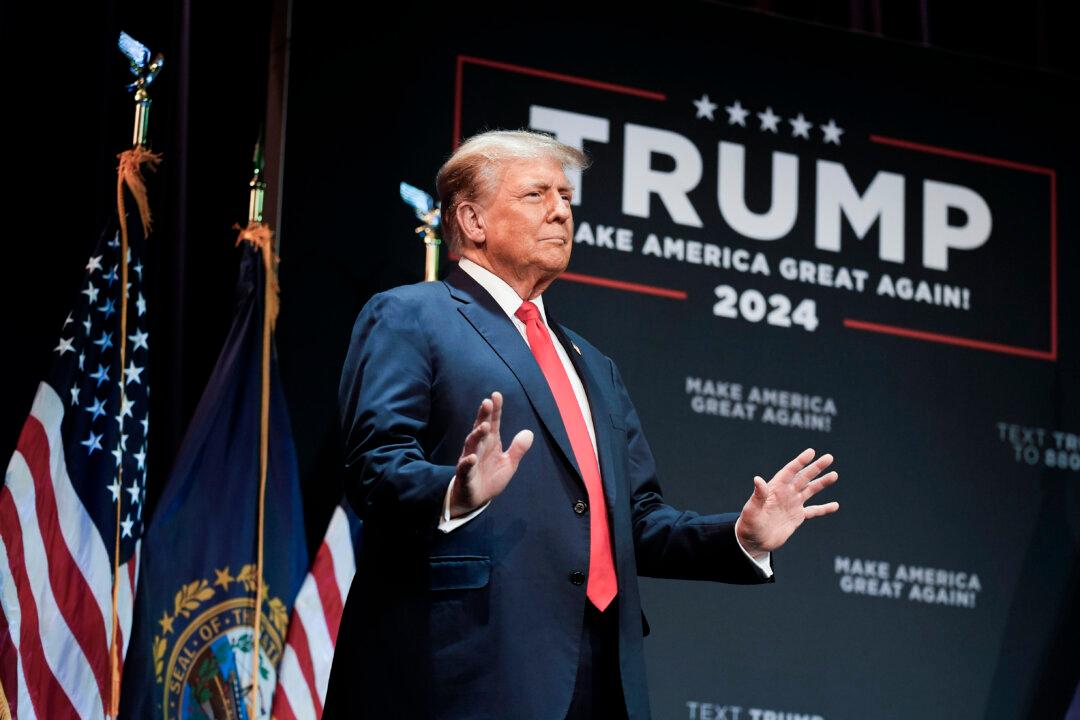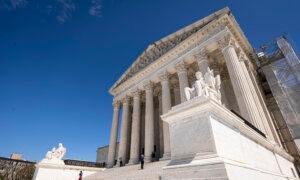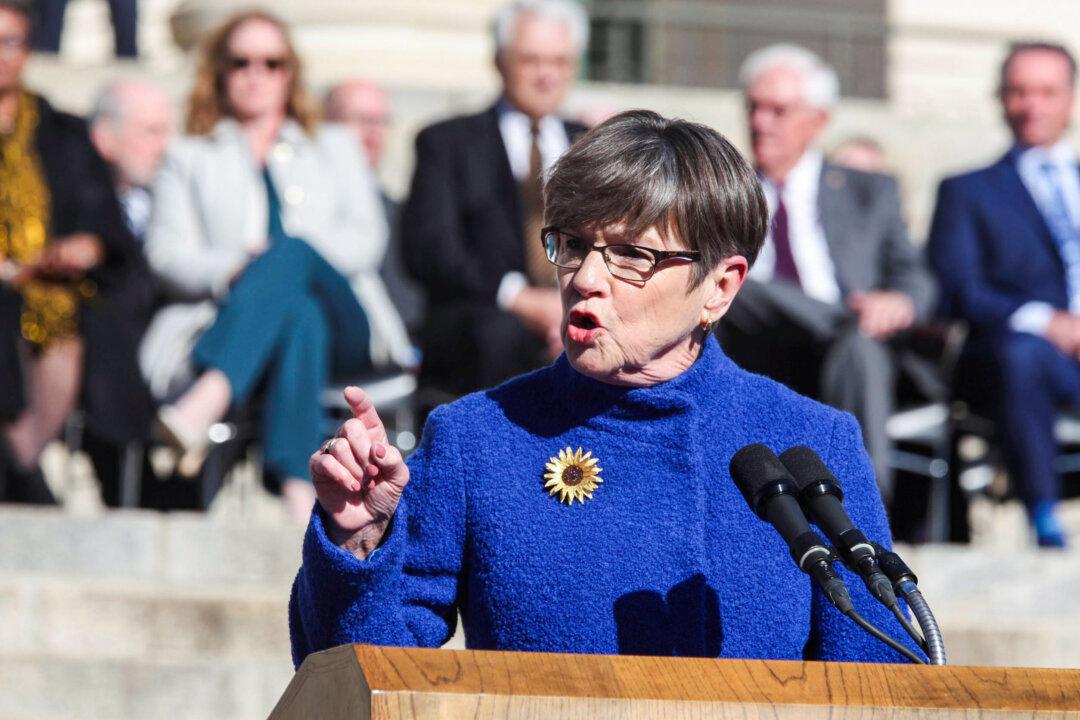The U.S. Supreme Court dealt a final blow to an effort to block former President Donald Trump from the presidential ballot in Arizona by refusing to hear an appeal from a man who’s waged a legal battle in dozens of states to get the former president disqualified over the Jan. 6 incident.
In his lawsuit, Mr. Castro filed a motion in September 2023 seeking a temporary restraining order and preliminary injunction that would have forced Arizona Secretary of State Adrian Fontes to block President Trump from appearing on the state’s presidential ballot, based on Section 3 of the 14th Amendment.
Mr. Castro’s failed Arizona lawsuit was one of 27 cases that he brought against the former president on the same grounds.
Mr. Castro appealed the decision to the Supreme Court, which on April 22 put the final nail in the coffin of his lawsuit by denying review.
The Epoch Times has reached out to Mr. Castro, Mr. Fontes, and the Trump campaign for comment on the decision.
Mr. Fontes’ office declined comment.
When the Supreme Court ruled in March to disallow individual states from blocking him from the ballot, President Trump reacted by saying it was a “big win for America.”
14th Amendment Cases
The obscure legal theory that Section 3 of the 14th Amendment disqualifies President Trump from holding office was first circulated by activist groups after the Jan. 6, 2021, breach of the U.S. Capitol.The left-leaning group Citizens for Responsibility and Ethics in Washington sued the Colorado secretary of state to block President Trump from appearing on the ballot, arguing that “officer of the United States” would surely cover the highest office in the federal government, and so the 14th Amendment’s disqualification clause should apply.
On appeal, the Colorado Supreme Court ruled that the U.S. president is a public “officer” and so the 14th Amendment’s disqualification clause did apply, blocking President Trump from the ballot in that state.
That decision was appealed to the U.S. Supreme Court, which in March unanimously overturned the Colorado Supreme Court ruling.
The high court noted a distinct lack of historical precedent in which states used Section 3 of the 14th Amendment to disqualify national candidates.
“As an initial matter, not even the respondents contend that the Constitution authorizes States to somehow remove sitting federal officeholders who may be violating Section 3,” the opinion reads, noting that this sort of power would “flout” constitutional principles.
Since that ruling, President Trump has become the presumptive Republican nominee for president in the 2024 election.
Despite winning the battle to remain on the ballot, he faces numerous legal cases, including several criminal ones, that he and his supporters argue are politically motivated attempts to undermine his presidential comeback bid.







